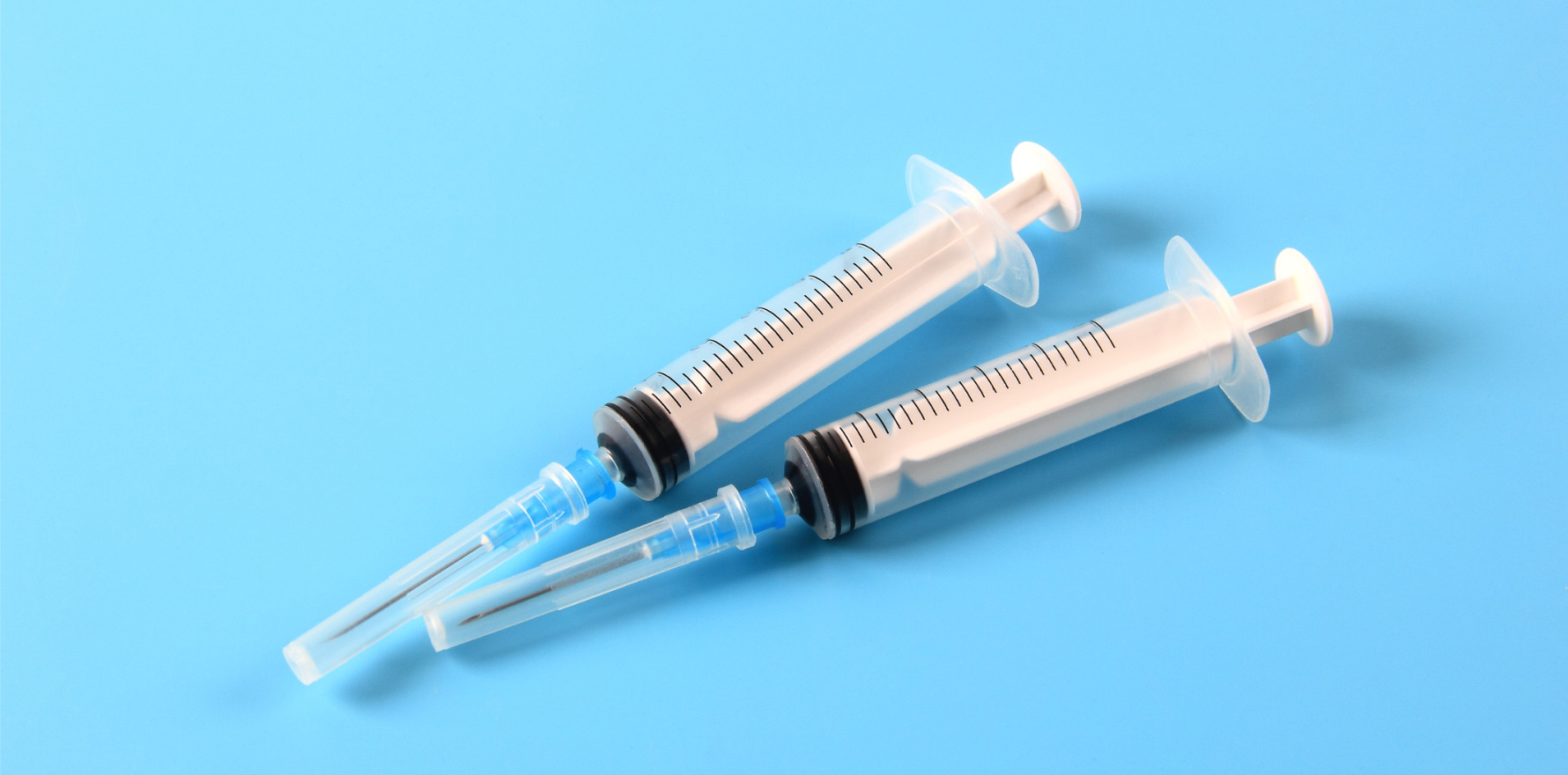Patients on immunosuppressive treatments can now access the shingles vaccine for free.
Access to the shingles vaccination Shingrix has been expanded on the National Immunisation Program to include adults with underlying conditions or who are on immunosuppressive treatments.
The news has been welcomed by advocacy and patient groups and comes 10 months after Shingrix was added to the NIP for a limited number of patients. However, these groups are continuing to push for more funded access to vaccinations.
Initially the NIP listing was only for people aged 65 years and over, First Nations people 50 years and over, and immunocompromised people 18 years and over at high risk of herpes zoster infection. Conditions that meant someone was immunocompromised include haemopoietic stem cell transplant, solid organ transplant, haematological malignancy and advanced or untreated HIV.
The expanded listing, which took effect on 1 September, means people aged 18 years and over “considered at increased risk of herpes zoster due to an underlying condition and/or immunosuppressive treatments” are now eligible to receive the vaccine for free. However, this does not include all rheumatology patients.
Those on so-called lower-risk biologics are not eligible, including “anti-integrins e.g., natalizumab and vedolizumab, anti-IgE antibodies, anti-complement antibodies and lower risk IL inhibitors anti-IL17 antibodies, anti-IL 12/23 antibodies, anti-IL23 antibodies, and anti-IL31 antibodies”, the DoHAC listing states.
Better Access Australia Chair Felicity McNeill PSM said the expanded access was an important first step in recognising the value of adult vaccination in patient groups “too long ignored, despite [what] the covid-19 pandemic taught us about the risk of viruses to older Australians, and those with already immunocompromised health”.
She said BAA and AusPIPS, a group which supports Australians with primary and secondary immunodeficiency, had been working together to bring changes to the draft NIP Strategy for 2025-30, which they believe is “almost silent on the priority of medical need in those with immunocompromised health”.
“Whilst we have achieved change for one vaccine, Shingrix, we need reform for all current and future vaccines added to the NIP,” said Ms McNeill.
“The Australian Immunisation Handbook is full of recommendations on administering a vaccine where no funding is available. With another whooping cough season in the community, how many are aware of the recommendation of a booster every 10 years and how many in the community can afford that vaccine?”
“This is why we welcome this expanded access to Shingrix but will continue to seek reforms from the Australian Technical Advisory Group on Immunisation the Pharmaceutical Benefits Advisory Committee, and vaccine sponsors to ensure a contemporary view of immunocompromised need for adult vaccination across all preventable diseases is the standard of care for access to adult immunisation on the NIP going forward.”
AusPIPS president Jackie Murphy said covid had showed the importance of “timely, affordable access to preventive health care for those of us in the community who already spend too much time engaging with the health system.”
“Patients with PID and SID have no immune system to fight infection, so vaccination is a first line protection for all of us, keeping us healthy, and saving the healthcare system thousands of dollars a day in hospital admission costs,” she said.
The NIP has released latest program advice for health professionals that reflect the 1 September change. The Australian Immunisation Handbook (AIH) will be updated in November 2024.
Latest data from the National Centre for Immunisation Research and Surveillance on Shingrix vaccination in Australia shows that as at 6 May this year, almost one in five Australians aged 65 years and over had received at least one Shingrix vaccine dose.
NSW led the way – with 384,208 Shingrix vaccine doses given to people over the age of 18 between 1 November 2023 and 20 April 2024. It was followed by Victoria (294,648), Queensland (275,277), Western Australia (129,118), Tasmania (34,137), the ACT (18,180) and the Northern Territory (4154).
Almost 85% of Shingrix doses during that time were administered in a general practice setting.
Despite this, GPs have struggled to access enough supply of the vaccine to keep up with demand from patients. The RACGP and other peak organisations have repeatedly called on the government to increase supply, while DoHAC has said in a statement it is working with the supplier GSK Australia on a solution.





